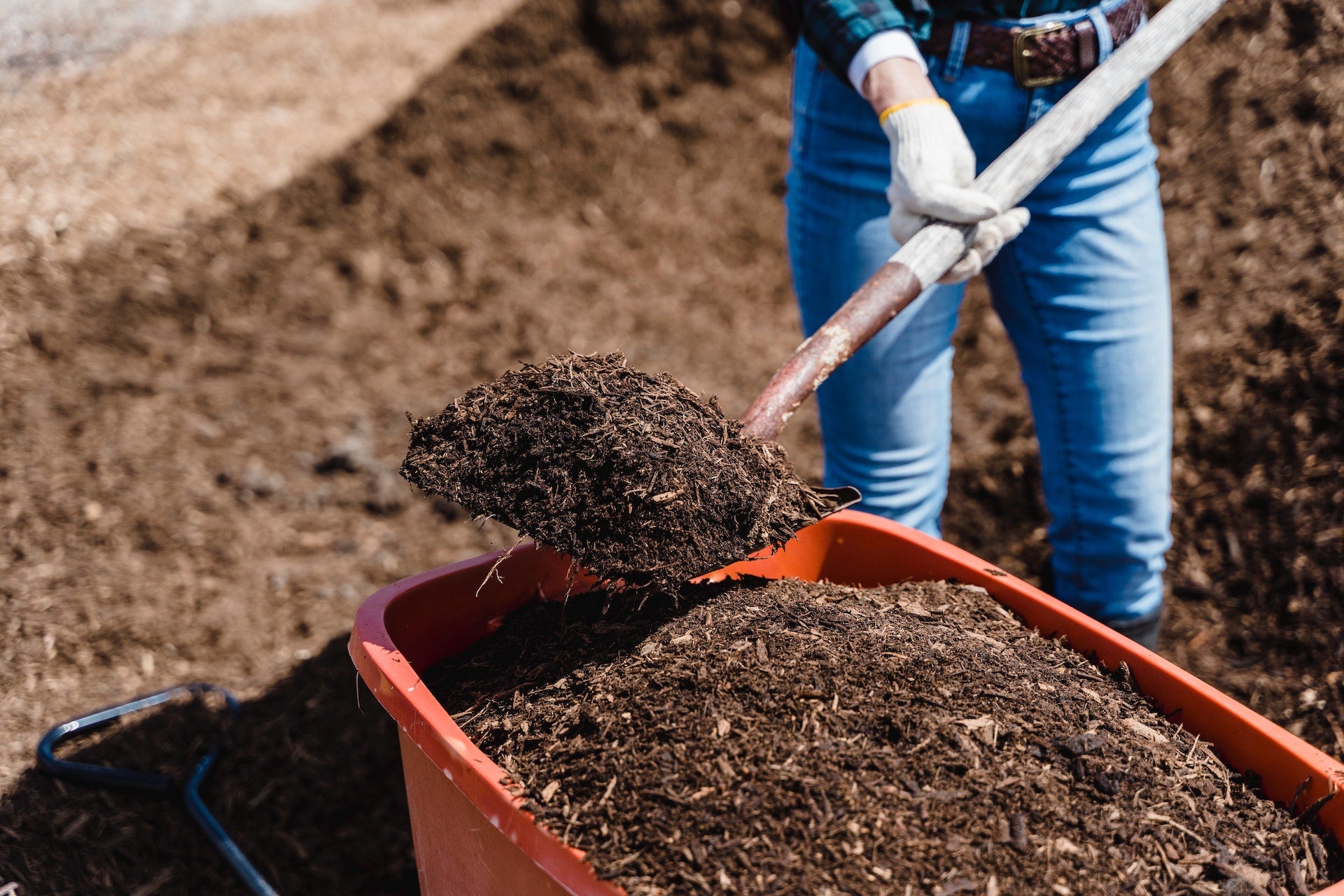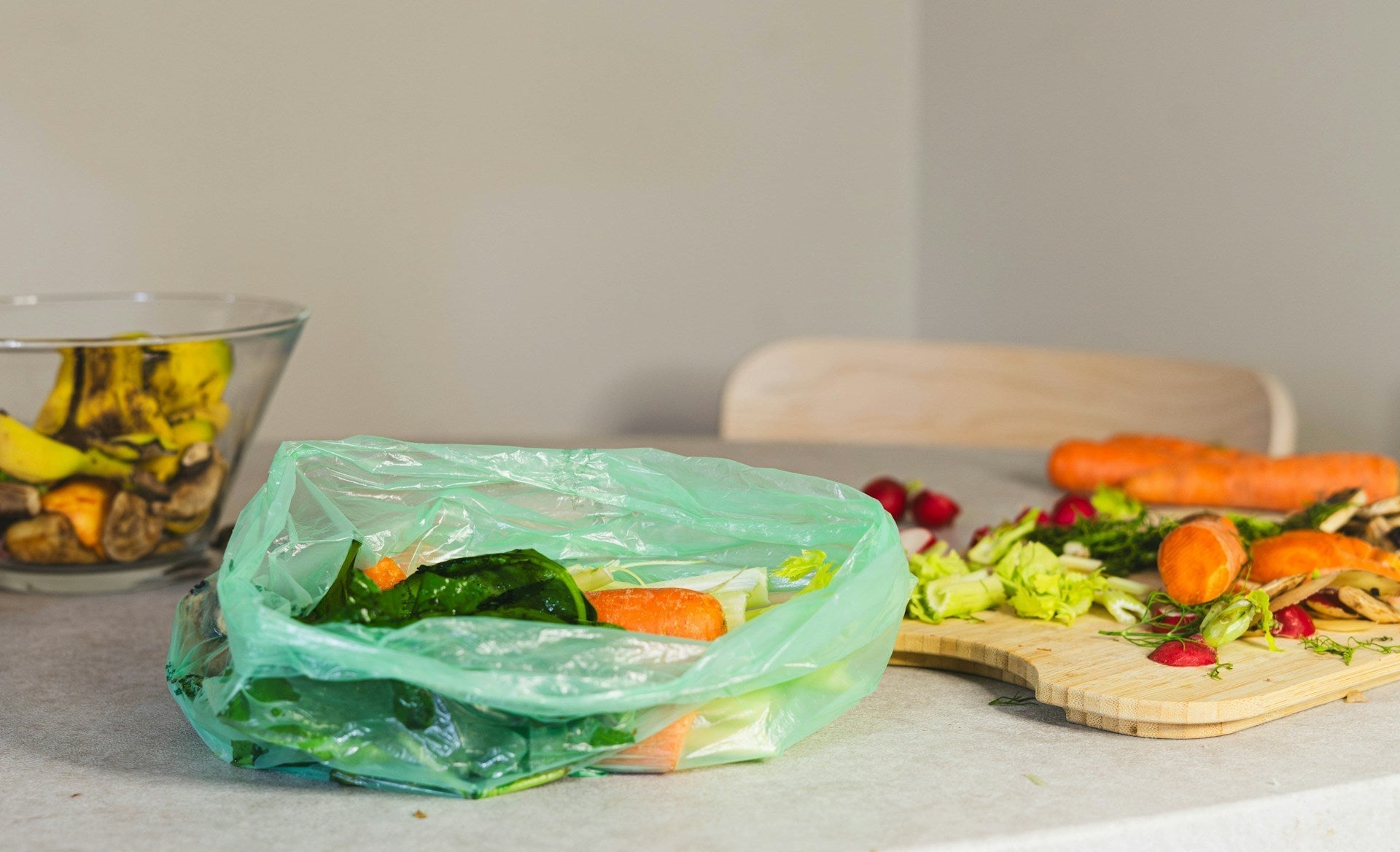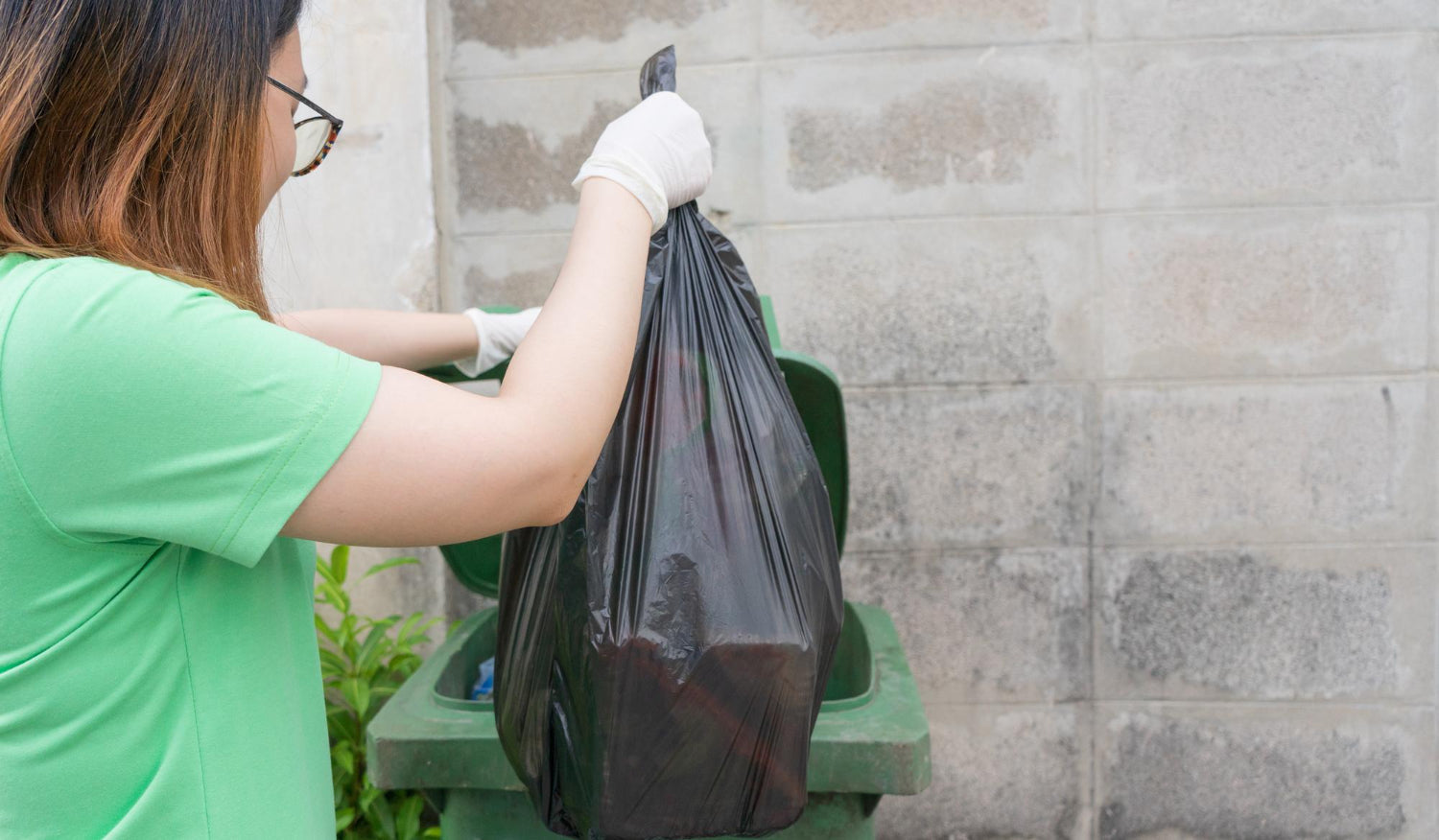As our society becomes more aware of the impact of plastic pollution on our environment and ecosystems, many consumers are opting for more sustainable alternatives in their everyday lives. One eco-friendly option that has recently gained significant popularity is commercially compostable products. But what exactly does commercially compostable mean, and how does it differ from other compostable products?
In this article, we will discuss the benefits and features of commercially compostable products and how they contribute to a cleaner, greener future for our planet.
What Is Composting?
To understand the concept of commercially compostable products, it's essential first to know the composting process. Composting is a natural method of recycling organic waste, such as food scraps, yard waste, and other biodegradable materials. Over time, these materials break down into a nutrient-rich substance called compost or humus, which can be used to enrich the soil and support the growth of plants.
What Does Commercially Compostable Mean?
Commercially compostable refers to products designed and tested to decompose in commercial composting facilities within a specified timeframe. These facilities use a controlled and accelerated composting process, often involving high temperatures, moisture control, and regular turning to achieve optimal breakdown. In contrast, other compostable products may decompose naturally over a longer period when added to a backyard or home composting system.
Commercially compostable products are typically made from plant-based materials, such as vegetable starches, cellulose, and other renewable resources. These materials are free from harmful chemicals and genetically modified organisms (GMOs), ensuring that the resulting compost is safe for use in gardens and agriculture.
How Do Commercially Compostable Products Benefit the Environment?
There are several ways in which commercially compostable products contribute to a more sustainable future for our planet:
- Waste Reduction: By using commercially compostable products instead of traditional plastic items, consumers can help reduce the amount of plastic waste that ends up in landfills and, ultimately, our oceans.
- Lower Carbon Footprint: Producing compostable materials generally requires fewer resources and generates fewer greenhouse gas emissions than traditional plastics. Additionally, composting itself is a process that sequesters carbon, which helps mitigate climate change.
- Circular Economy: Commercially compostable products support the concept of a circular economy, where waste is minimized, and materials are continually circulated rather than being discarded after a single use. By transforming organic waste into valuable compost, we can close the loop and promote more sustainable use of resources.
- Soil Health: The compost produced from commercially compostable materials can improve soil health by adding vital nutrients and promoting the growth of beneficial microorganisms. This, in turn, contributes to healthier plant growth and a more resilient ecosystem.
Conclusion
Embracing commercially compostable products, like the compostable bags offered by Plastno, is an effective way for home consumers in the US to reduce their environmental impact and contribute to a more sustainable future. By understanding the benefits of commercially compostable materials and how they differ from other compostable and biodegradable options, you can make informed decisions to support a cleaner, greener planet. As more individuals and businesses adopt these eco-friendly alternatives, we can collectively work towards conserving our natural resources and creating a healthier environment for future generations.
Unlike other biodegradable garbage bags, Plastno’s compostable garbage bags don’t split at the first sign of trouble. The best part? They are every bit as strong and durable as the ones you’re already using, making it simple to switch out plastic for plant-based. If you switch to biodegradable trash bags today, you’ll have saved around 500 bags from ending up in oceans and landfill by this time next year. So what are you waiting for? Start small changes today to make a big difference in the future.






Share:
Eco-Friendly and Responsible: The Rise of Compostable Bags
History of Plastic Trash Bags and The Rise of Eco-Friendly Alternatives